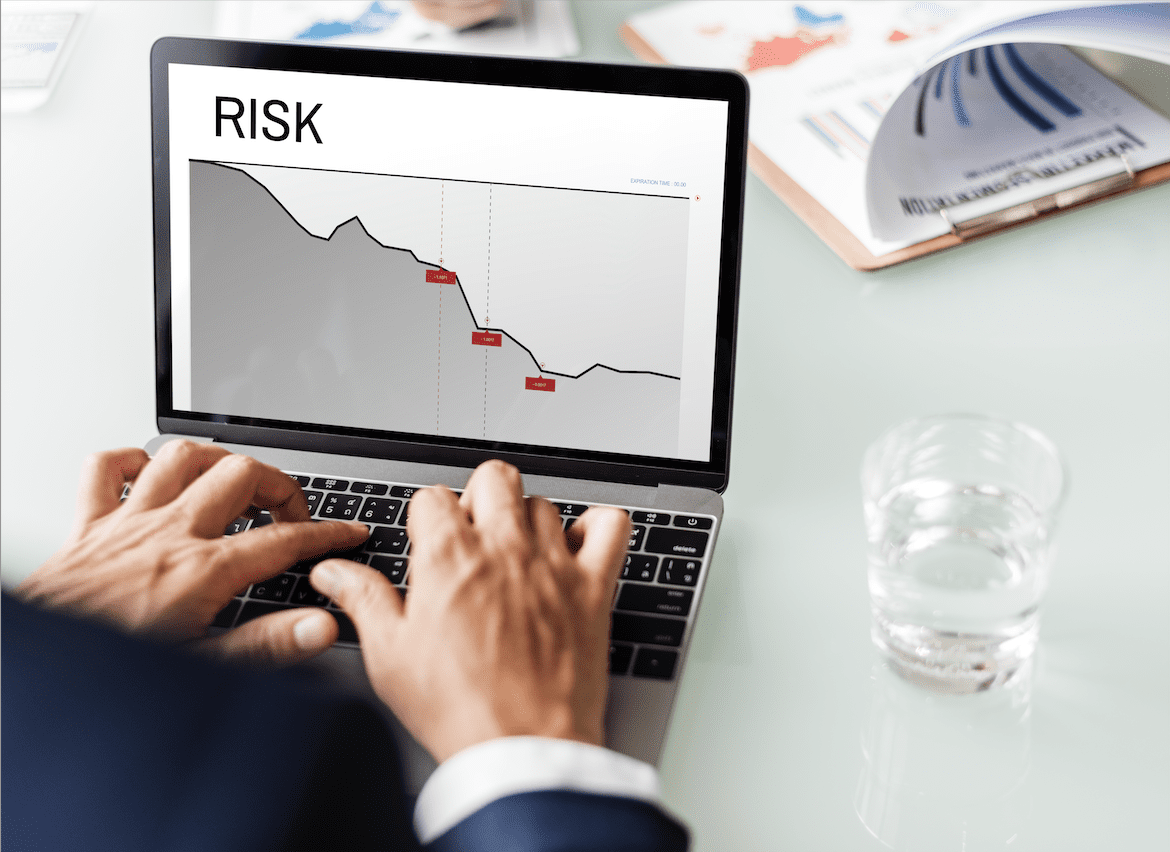Stock Trading: The Road to Passive Income
Stock Trading: The Road to Passive Income
By Katie Gomez
You might be asking if stock trading is right for you? Passive income has become a buzzword in the last decade, especially since COVID-19. As the amount of work-from-home jobs increases, so do opportunities for passive income. The term “side hustle” used to mean something you did in your off hours from your “real job” to make some extra cash, a hobby that turned a profit. However, the last decade has seen individuals pursuing their side hustles full-time, as they turn out to be even more lucrative than their full-time job.
After the global layoffs from events like the 2008 housing crisis and the recent COVID-19 pandemic, people are beginning to realize that the so-called “stable and secure” jobs are not as secure as we once thought. The job market is rapidly changing as more individuals realize their 9 to 5s do not provide as steady income as we previously thought, considering we could lose them any moment. This realization has led to people taking control of their financial future by working to make their side hustle more stable and profitable than their 9 to 5 ever provided. The possibilities are endless, from media influencing to affiliate marketing, running an online business, to stock trading. Are you ready to take control of your financial future? Let’s see if you’re ready.

Stock trading is becoming increasingly popular among younger individuals because of the autonomy and fulfillment it provides. It is one of the most lucrative streams of passive income. However, it is not something you can dive right into, even if you’ve been investing for a while. Learning to trade full-time to create a steady stream of passive income you can rely on will require work.
5 questions to ask yourself before you quit your job:
1.) Are you a risk taker? The stock trading profession requires you to make crucial daily decisions, and you can expect little notice to make them. Finding the balance between instinct and logic is a task every trader struggles with daily. Knowing when to take risks is one thing, but the ability to take action and pull the trigger is another.

Quitting your job to become a full-time trader is like leaving to be an entrepreneur. You cannot predict your sales from month to month expecting a consistent stream of income, at least not at first.
2.) Are you ready financially? People say that “we are never ready for anything in life” and that being ready is not a feeling but a choice you make before you take a leap of faith. While this saying has truth, it doesn’t always apply. You can convince yourself you are ready until you’re blue in the face, but you’re only hurting yourself unless you have the capital to back it up. Allowing yourself that wiggle room to prepare (financially and mentally) will help you wait out the learning curve. If your trading account is not large enough to sustain a full-time salary, you are not quite ready.
Deciding to quit your job is not something you can or should decide on a whim. Facing your fear is only half the battle, and making sure you set yourself up financially to do so is the other half. It may take longer to build up, but it will save you from drowning when one of your investments inevitably fails. The more diversified your portfolio, the more chance you have of surviving during unexpected market crashes.
It is also crucial for you to have separate accounts for trading, saving, and spending to ensure you are never trading sacred money (survival money you need for rent, food, etc.). Having sufficient funds and separate accounts allows you to build on your investments more efficiently and see growth more quickly. This way, you will not have to constantly withdraw 80% of your monthly trading account to pay the bills. Additionally, you significantly minimize the compound interest effects when you continuously withdraw from your account. The key to growth and success is leaving your trading account untouched for as long as possible—let your capital do the work for you.
3.) Do you have a plan? The best place to start is conducting a self-assessment of where you currently are before setting goals for where you want to be. Why do you trade? What is your motivation? Why are you willing to quit your job to trade? Why do you want to trade full-time? If your answers include shorter work days, less stress, or want to make a six-figure passive income. Although passive income seems simple, it is challenging to make it consistent, especially if your motivation is purely money or laziness. Ironically, trading can be even more mentally taxing than the typical 9 to 5, working up to 12-hour days and even weekends. It’s hard for traders to shut their brains off, even when the markets have closed. Research proves that traders without an apparent reason behind trading besides greed will likely lose more money and eventually quit.

Earning passive income through full-time trading can be a complex and challenging path without a strong trading plan to follow. Once you have a specific, manageable plan you can stick to trading with (at least for the first six months), you can trade more confidently and make decisions with less effort and emotion involved.
4.) Are you well-equipped enough to start? A state-of-the-art trading system is not required to be a full-time trader, but you must have the necessary tools and equipment to set yourself up for success. Waking up and working from the comfort of your bed, making trades from your laptop, may seem luxurious, but it is not sustainable if you are serious about trading. If you want to trade as a full-time job, you must treat it like a full-time job (just at home). Most people struggle with the work/home balance, but the pandemic has given us plenty of practice.
Unfortunately, you cannot day trade from your Robinhood app on your iPhone. Find a space to isolate yourself to work, and invest in a work desk and at least one desktop computer. Make sure your selected area has a high-speed internet connection. You will also need various tools, such as a good trading platform, price charts, and day trading software (backtesting, scanning, screening, etc.).
In addition to creating your setup, you must start building a routine for your trading workday. Establishing a routine and creating a workspace for yourself will improve your productivity, time management, and focus to produce better results.

5.) How long have you been trading? Although having years of experience is not a prerequisite to success, you will need adequate time to practice, learn, and build up your account before you can expect to quit your job and begin a trading career. The amount of experience you have trading is critical because financial markets move in cycles and most new traders have never even experienced a complete cycle.
Newer traders often make the mistake of focusing on short-term trades—instant gratification. In contrast, experienced traders can reflect on previous periods to predict these cyclical patterns and make trades that benefit more in the long run. If you are planning to make trading your primary source of income, then you must be willing to invest as much of your time and energy as you do your money. You have to start playing the long game.
REFERENCES
https://trading-education.com/quitting-your-day-job-to-trade-full-time-how-to-make-the-transition https://medium.com/@BetterTrader.co/9-essential-tools-for-every-trader-371d00d222e2
